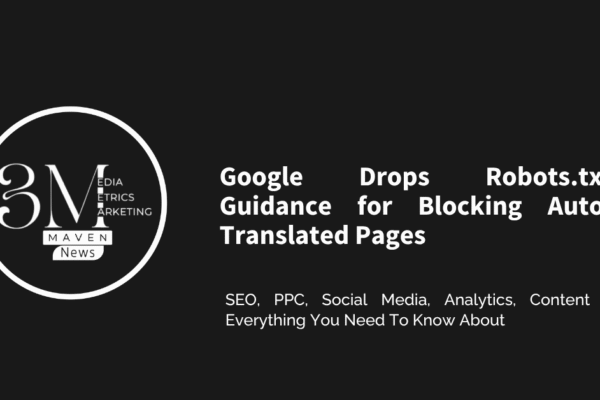Google Provides Guidance for Websites Incorrectly Flagged by SafeSearch
Google has released new documentation to help websites that have been mistakenly filtered by its SafeSearch system. SafeSearch is designed to block explicit content from appearing in search results, but sometimes it can incorrectly flag non-explicit sites. If your site has been affected, Google outlines three main steps to address the issue: 1. Check if…



